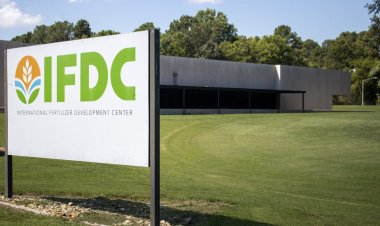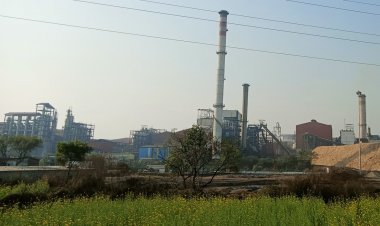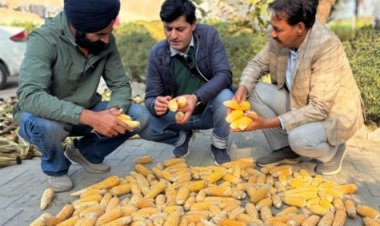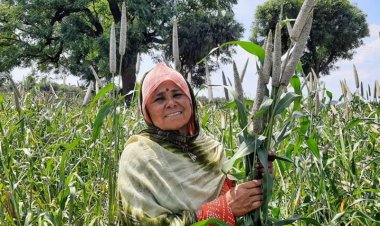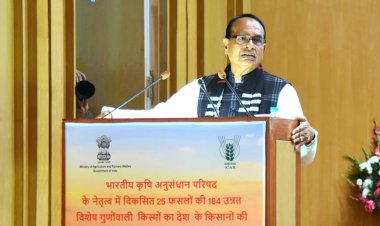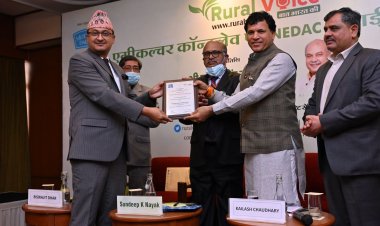75 percent of farmers are open to innovation to combat climate change, global survey reveals
The Farmer Voice survey, commissioned by Bayer, gathered insights from over 2,000 farmers across Australia, Brazil, China, Germany, India, Kenya, Ukraine, and the United States. Participants were randomly selected from each market, to obtain a representative sample covering accurately the diversity of crop farmer profiles. Bayer launched the second Farmer Voice Survey to share these insights.
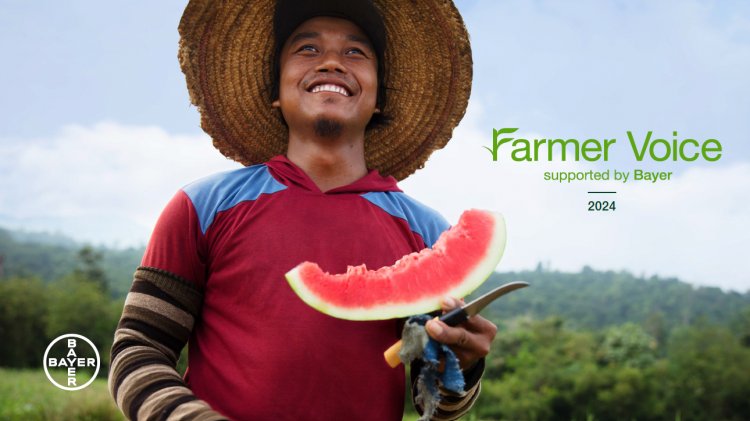
A new global survey reveals that 75 percent of farmers are open to adopting innovative technologies to address the growing challenges posed by climate change. The 2024 Farmer Voice survey, conducted by Kynetec on behalf of Bayer, highlights that climate change is already affecting a significant number of farmers worldwide. According to the survey, 71 percent report reduced yields as a major concern, and 60 percent have experienced revenue loss due to extreme weather events.
To cope with these impacts, farmers are increasingly turning to innovation. The study shows that 75 percent are willing to embrace new technologies aimed at improving farm resilience and protecting livelihoods. Over 90 percent of farmers already use regenerative agricultural practices to improve soil health and boost yields, while two-thirds have adopted digital tools, with many showing interest in learning more about artificial intelligence (AI) in farming.
Rodrigo Santos, President of Bayer’s Crop Science Division, emphasized the importance of supporting farmers with cutting-edge solutions: "The Farmer Voice study underscores that farmers are facing accelerating economic and environmental challenges in their mission to feed the world. They need innovations that help them adapt to these challenges, while also improving food systems for the benefit of the planet, food security, and their livelihoods."
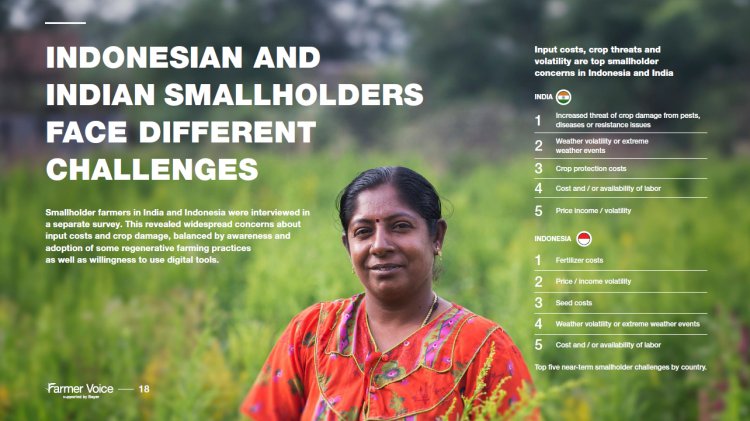
Smallholder Farmers Face Unique Challenges
In addition to the global Farmer Voice research, a separate survey was fielded with 1,450 smallholder farmers in India and Indonesia by Q&Q Research Insights, based on a similar questionnaire. The data from that study reveals that farmers in both countries are grappling with input costs, while also facing growing challenges posed by climate change. For Indian smallholders, an increased threat of crop damage from pests, diseases and weeds is their most cited near-term challenge (41%). For Indonesian smallholders, fertilizer costs ranked as their top challenge (73%).
Despite these hurdles, smallholder farmers in both countries remain optimistic. The survey found that 89 percent of Indian farmers and 91 percent of Indonesian farmers consider farming a valuable career and take pride in their role in ensuring food security. Around 80 percent of respondents in both countries are already using at least one regenerative practice on their farms, although barriers like limited knowledge and financial resources hinder wider adoption.
Farmers Seek Solutions
Overall, the Farmer Voice survey, which gathered data from over 2,000 farmers across eight countries, paints a picture of an agricultural sector that is eager for solutions. As climate change continues to disrupt farming, farmers are increasingly looking to innovation to build resilient, sustainable practices that ensure both environmental protection and economic stability. The survey results highlight the critical role of technology and policy support in helping farmers meet the challenges ahead.
The Farmer Voice survey, commissioned by Bayer, gathered insights from over 2,000 farmers across Australia, Brazil, China, Germany, India, Kenya, Ukraine, and the United States. Participants were randomly selected from each market, to obtain a representative sample covering accurately the diversity of crop farmer profiles. The survey was independently conducted by Kynetec, a global leader in data, analytics and insights in agriculture, animal health and nutrition. Respondents were unaware that the survey was being conducted on Bayer’s behalf so as to not bias their answers. The interviews were conducted between June and July 2024.



 Join the RuralVoice whatsapp group
Join the RuralVoice whatsapp group

















